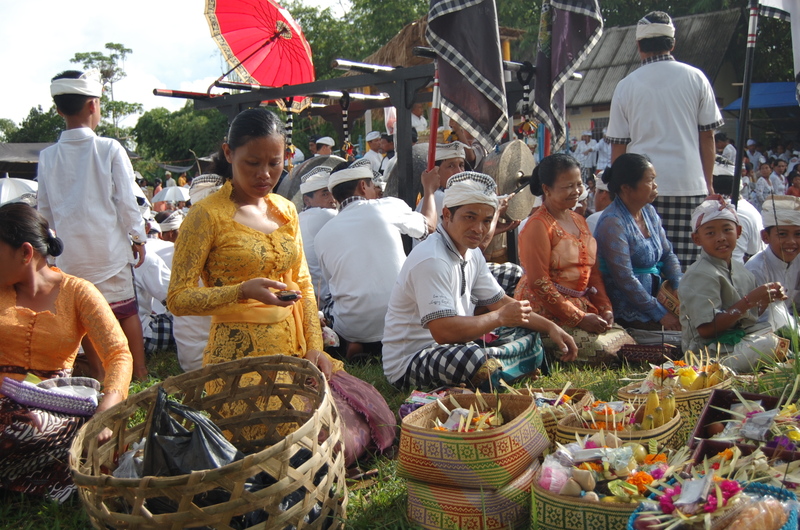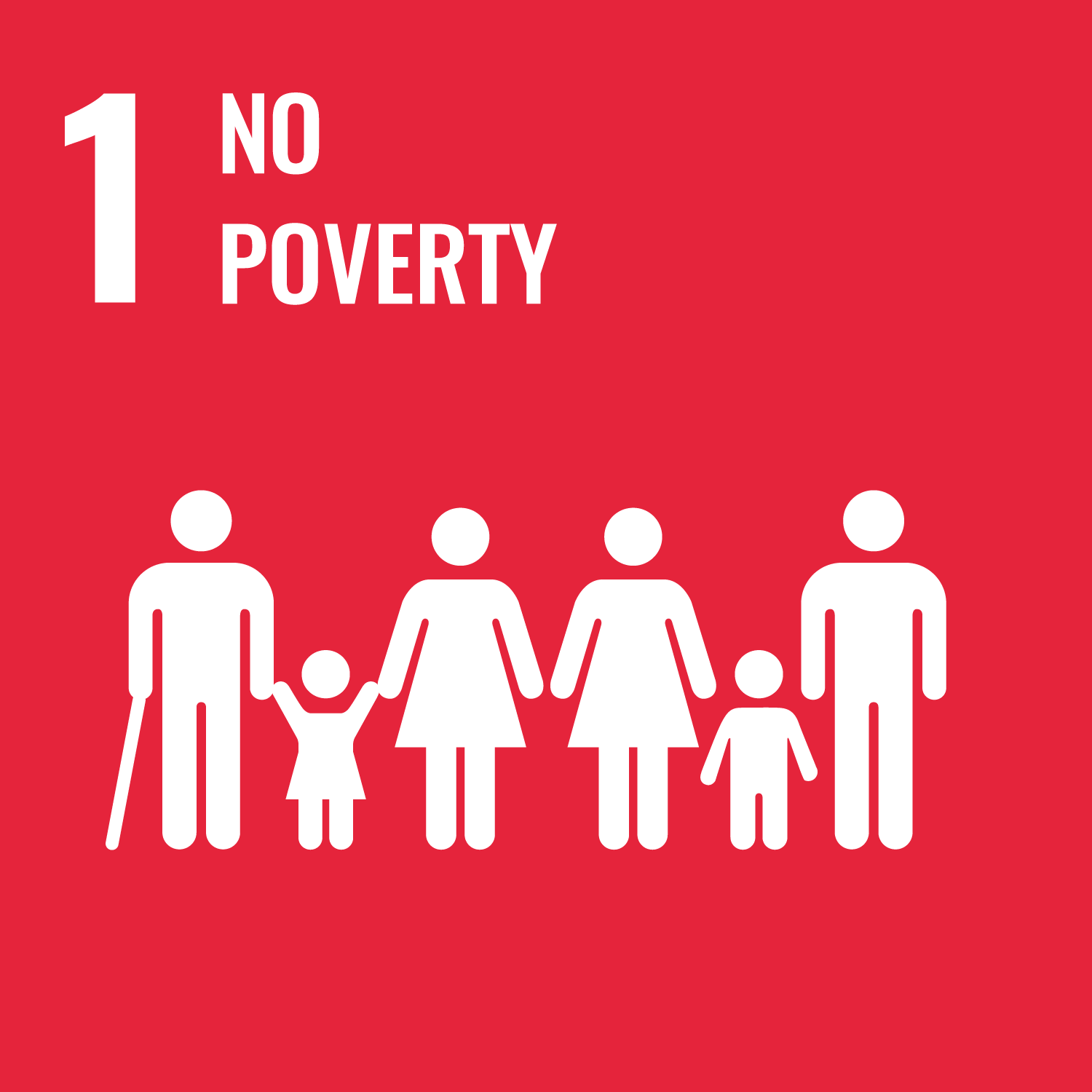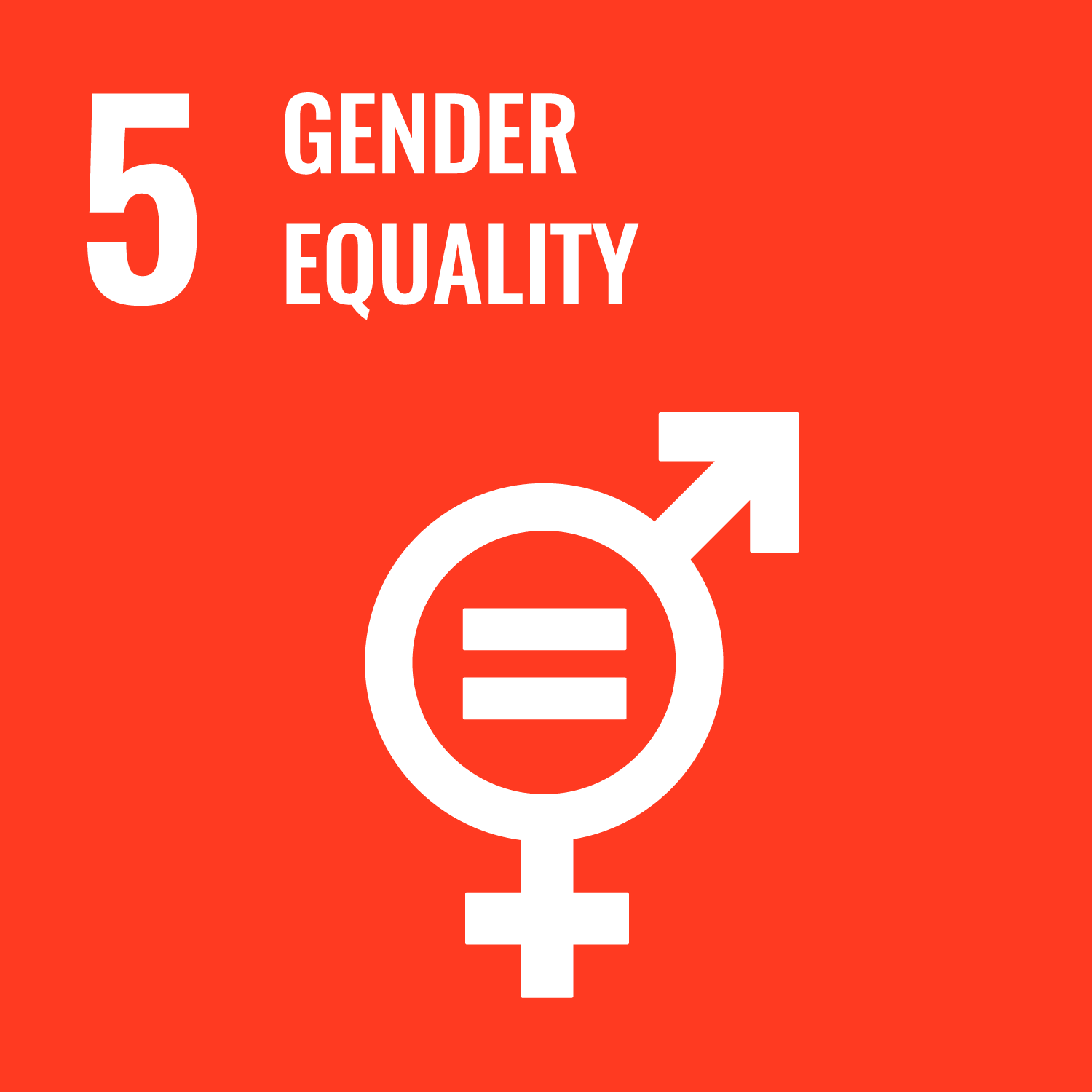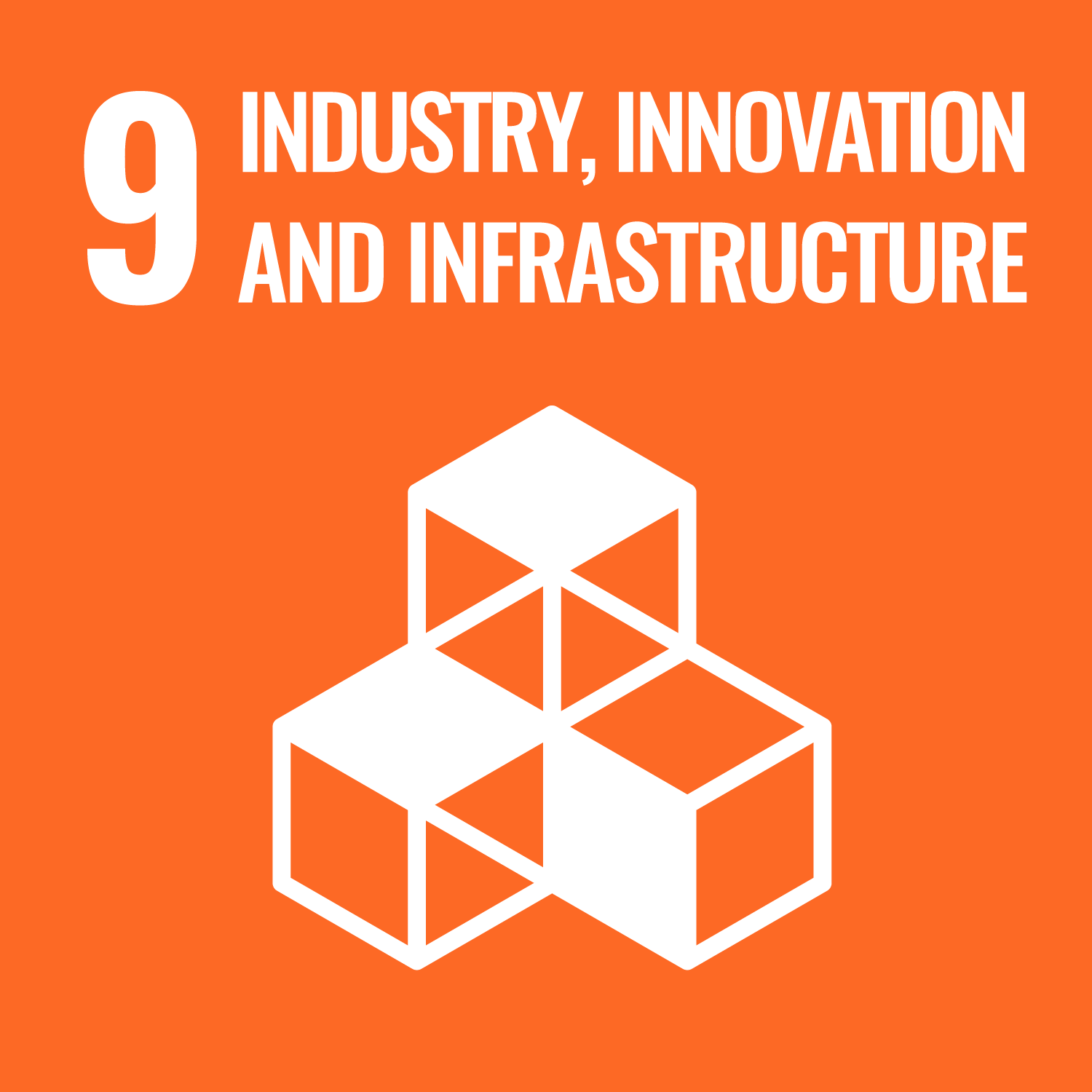Developing the bamboo industry in Indonesia
2021/03/15
 Woven bamboo products are stimulating the sustainable management of bamboo resources in Indonesia. Photo: FOERDIA
Woven bamboo products are stimulating the sustainable management of bamboo resources in Indonesia. Photo: FOERDIA
There has been a paradigm shift in forest management in Indonesia, in which timber is no longer the main output. Instead, the forest sector is focused increasingly on the production of non-timber forest products as a means to improve the economies of forest communities, regions and the nation.
Bamboo has huge potential as a forest commodity, and it has been prioritized by the Government on Indonesia in programmes on social forestry; community forest development and capacity building; and forest restoration and rehabilitation, including watershed management and integrated landscape management.
An ITTO project has helped in increasing, adding value to and better managing Indonesia’s bamboo resources. Among other things, the project created a bamboo treatment facility in East Nusa Tenggara Province aimed at increasing the longevity of bamboo products using a non-chemical, environmentally friendly preservation treatment. The project also developed a model for capacity building in Bali Province that can be replicated elsewhere in Indonesia as part of the “1000 Bamboo Villages” programme, which is designed to support the development of a thriving national bamboo industry.
In Bali, the project provided capacity building to increase women’s weaving skills, improve the quality of their bamboo products, broaden the range of designs, and help develop entrepreneurship through training in basic accounting, business management and electronic marketing. Now, the women can produce more designs of sokasis (containers for making offerings in Hindu rituals), as well as other woven products, and they are expanding their markets and increasing the added value of their bamboo handicrafts.




